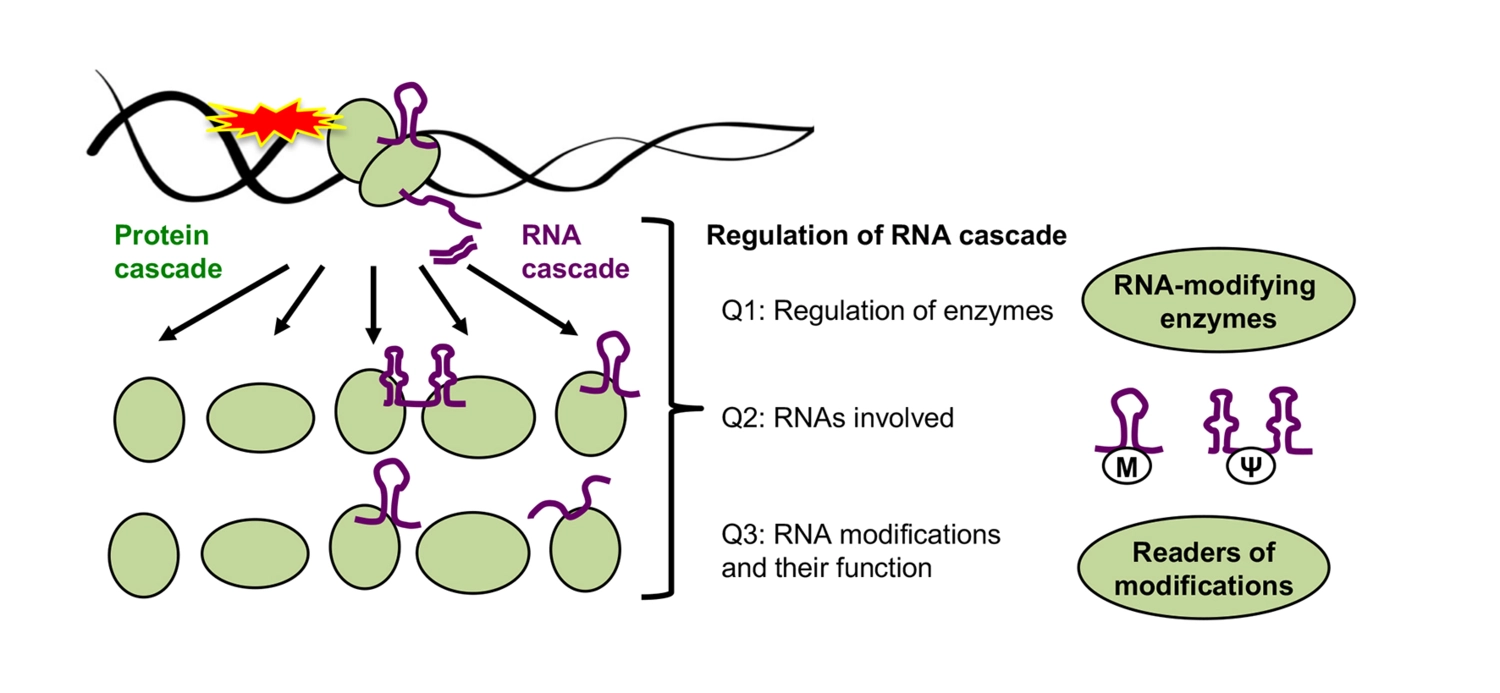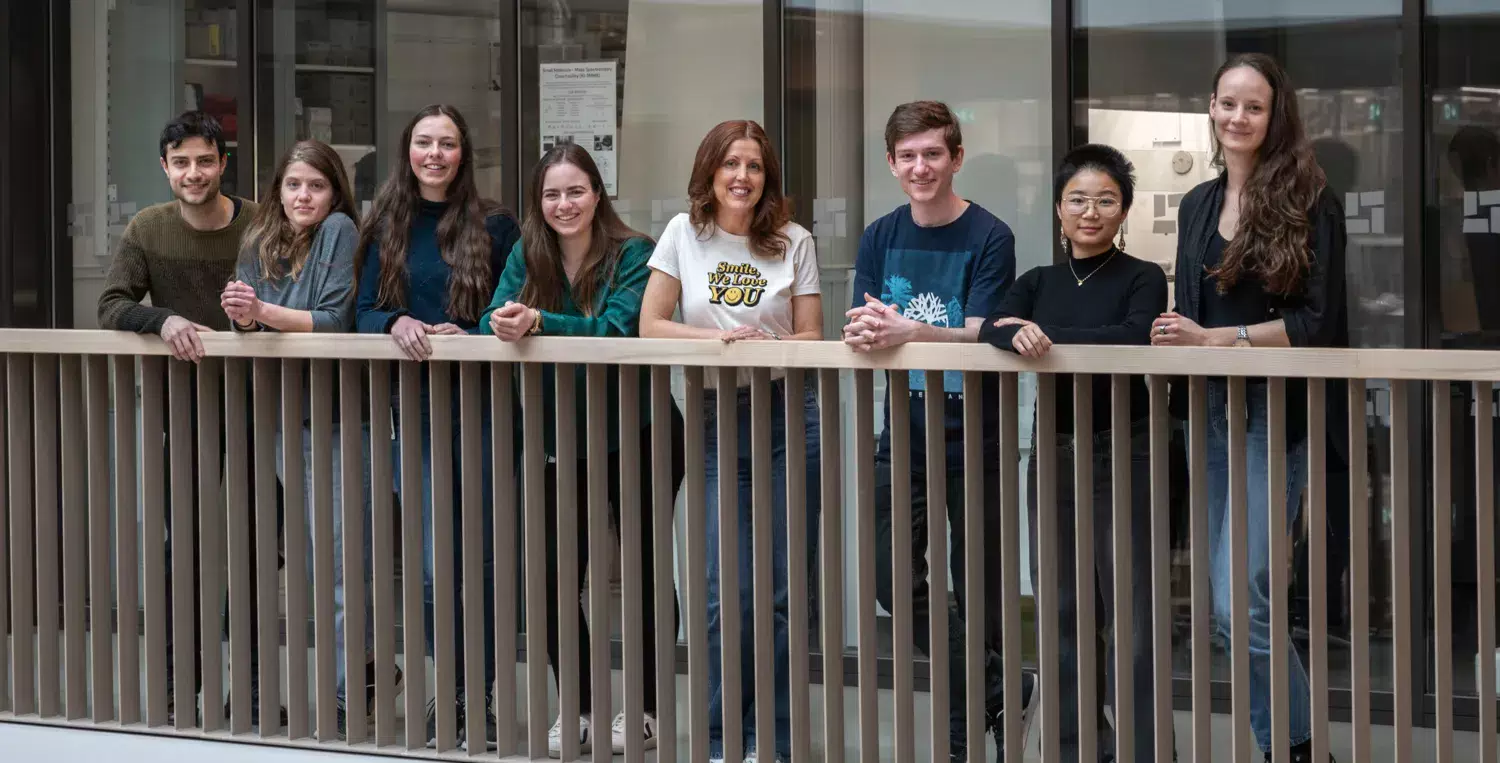Our mission – understanding and combating cancer through RNA
The integrity of DNA is constantly threatened by numerous intrinsic and environmental sources of damage, which must be repaired accurately to maintain normal cellular functions and prevent diseases, such as cancer and neurodegeneration. Our laboratory is investigating how cells repair their DNA and what factors that contribute to this essential process. We are in particular interested in the function and regulation of non-coding RNA in connection with DNA repair, which may pave the way for novel anti-cancer therapies based on restoring or blocking specific RNAs.
How do we reach our goal?
To build a strong and creative research team, our laboratory brings together talented people from universities around the world. We combine recent techniques with our local deep knowledge in cell biology and in close collaboration with oncologists and pathologists we create the best possible team for every research task. Together we play part in developing our next breakthrough ideas.
Research focus
Exploring the involvement of RNA and associated proteins in DNA repair and genome stability
Large-scale screens and whole-genome sequencing have provided a wealth of information concerning the factors and cellular processes that contributes to the maintenance of genomic integrity and thereby help prevent human diseases. Such investigations have led to the surprising identification of RNA-binding proteins, as well as RNA itself, as regulators of DNA repair and revealed that these factors are often mutated in disorders associated with genomic instability, such as cancer. Our research focus lies on uncovering the underlying mechanism(s) of non-coding RNA and associated proteins in the repair of DNA double-strand breaks. This could open new avenues for RNA-based approaches for the treatment of cancer.

Targeting non-coding RNAs as a novel method to control DNA repair and treatment response
We are also extending our findings to the cells of patients and murine models, providing more comprehensive understanding of RNA-coupled DNA repair in vivo and the potential role of these functions in protection against tumor growth. Our goal is to open new therapeutic possibilities based on RNA.


